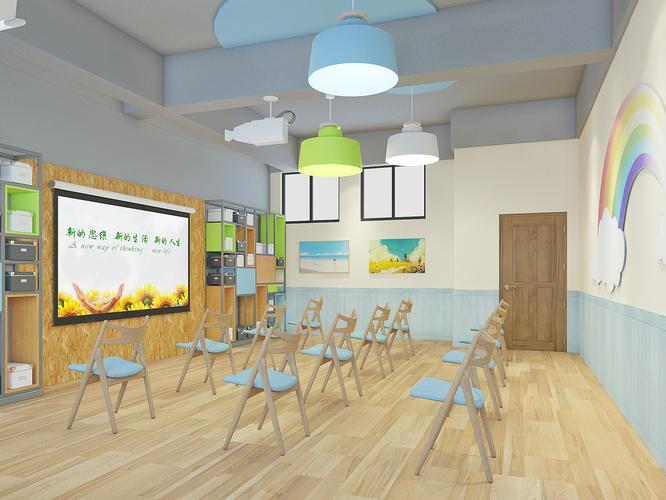Exploring the Concept of Psychological Space
Psychological space, also known as inner space or mental space, refers to the subjective experience of the mind in relation to the external world. It encompasses our thoughts, emotions, beliefs, memories, and perceptions, as well as our sense of self and identity. Understanding psychological space is crucial in various fields, including psychology, therapy, design, and personal development.
In psychology, the concept of psychological space is used to describe the internal landscape of an individual's mind. It includes both conscious and unconscious processes that influence behavior and mental health. Psychologists often explore how individuals perceive and interpret their surroundings, how they form relationships, and how they cope with stress and challenges within their psychological space.
Therapists utilize the concept of psychological space to create a safe and supportive environment for clients to explore their thoughts and emotions. By understanding the client's inner world, therapists can help them gain insight into their behaviors, patterns, and conflicts. Techniques such as mindfulness, visualization, and cognitive restructuring are used to navigate and transform the client's psychological space.
In design, psychological space refers to the impact of physical environments on individuals' mental states and well-being. Architects and interior designers consider factors such as lighting, color, layout, and acoustics to create spaces that promote relaxation, creativity, and productivity. By understanding how people interact with their surroundings, designers can enhance the psychological space of a place.
On a personal level, exploring and expanding one's psychological space can lead to self-discovery, growth, and fulfillment. Practices such as journaling, meditation, and therapy can help individuals become more aware of their inner world and make positive changes. By cultivating a healthy psychological space, individuals can improve their relationships, decision-making, and overall well-being.

- Self-Reflection: Take time to reflect on your thoughts, emotions, and beliefs. Journaling or meditation can help you gain clarity and insight into your psychological space.
- Emotional Regulation: Learn to manage your emotions effectively. Practice mindfulness and relaxation techniques to create a sense of calm within your psychological space.
- Seek Support: If you're struggling with mental health issues or unresolved conflicts, consider seeking therapy or counseling to work through them and improve your psychological space.
- Create a Positive Environment: Surround yourself with people and places that uplift and inspire you. Design your living and working spaces in a way that promotes a sense of well-being and creativity.
- Continuous Growth: Engage in activities that challenge you intellectually, emotionally, or spiritually. Continuous learning and personal development can expand your psychological space and enrich your life.
By nurturing and exploring your psychological space, you can enhance your self-awareness, resilience, and overall quality of life. Remember that psychological space is dynamic and can be shaped and transformed through conscious effort and practice.
